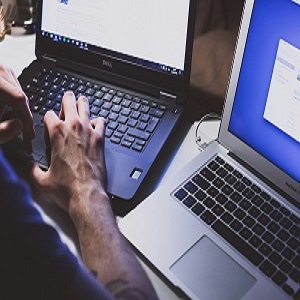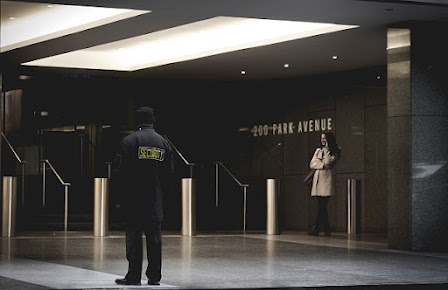The Role of Event Security Guards: A Comprehensive Guide
Event security guards play a crucial role in ensuring the safety and well-being of attendees, staff, and assets during a wide range of events, from music concerts and sports games to corporate conferences and private parties. Their responsibilities extend far beyond checking bags and monitoring access points; they are essential for maintaining order, responding to emergencies, and preventing potential threats. In this comprehensive guide, we will delve into the multifaceted role of event security guards and the vital functions they perform to make events secure and successful.
1. Crowd Management
Event security guards are responsible for managing crowds effectively and ensuring that attendees do not become unruly or pose a danger to themselves or others. This involves monitoring entrances and exits, checking tickets, and controlling the flow of people.
2. Access Control
Controlling who enters the event venue is one of the primary duties of security guards. They verify tickets, credentials, and identification, preventing unauthorized individuals from gaining access to restricted areas.
3. Emergency Response
Event security guards must be trained to respond swiftly and effectively to emergencies. This includes medical incidents, fire alarms, natural disasters, and security threats. They play a vital role in coordinating evacuation and providing first aid when necessary.
4. Asset Protection
Valuable assets like equipment, merchandise, and VIP areas need protection from theft and vandalism. Security guards help safeguard these assets to ensure the event runs smoothly.
5. Conflict Resolution
Tempers can flare at events, and security guards are often called upon to defuse conflicts and mediate disputes among attendees. Their ability to maintain a calm and professional demeanor is paramount.
6. Surveillance
Security guards are responsible for monitoring surveillance cameras, if available, to detect suspicious activity or potential threats. This proactive approach can help prevent security breaches.
7. Communication
Effective communication is critical in event security. Guards need to relay information quickly and accurately to event organizers, law enforcement, and medical personnel in the event of an incident.
8. VIP Protection
High-profile events often require the protection of VIPs, speakers, or performers. Security guards are responsible for ensuring the safety of these individuals, which can involve escorting them to and from secure areas.
9. Pre-Event Planning
Before an event begins, security guards participate in planning sessions with event organizers to discuss potential security concerns and establish protocols to address them.
10. Technology Use
Modern event security often involves the use of technology, such as metal detectors, access control systems, and surveillance cameras. Guards need to be proficient in operating and troubleshooting these technologies.
11. First Aid
Security guards may be required to provide basic first aid in the event of injuries or medical emergencies until professional medical assistance arrives.
12. Legal Knowledge
Security guards must be well-versed in local laws and regulations governing security at events. This knowledge ensures they act within the bounds of the law when dealing with attendees or potential threats.
13. Threat Assessment
Guards are trained to assess potential threats and take appropriate action to neutralize them or minimize risks. This includes identifying individuals who may pose a threat to the event's safety.
14. Coordination with Local Law Enforcement
In some cases, security guards may need to work closely with local law enforcement agencies to ensure the event's safety. This cooperation includes sharing information, coordinating responses, and providing assistance when needed.
15. Post-Event Evaluation
After the event, security guards often participate in post-event evaluations to identify areas for improvement and assess the effectiveness of security protocols.
In summary, event security guards services in Melbourne are indispensable for creating a safe and enjoyable atmosphere for event attendees. Their roles encompass crowd management, access control, emergency response, asset protection, and conflict resolution, among other responsibilities. They play a pivotal role in preventing security threats and responding to emergencies, ensuring that events run smoothly and without incident. Their professionalism, training, and commitment to safety are essential for the success of any event.




Comments
Post a Comment